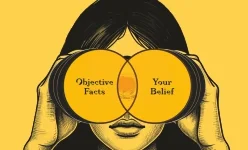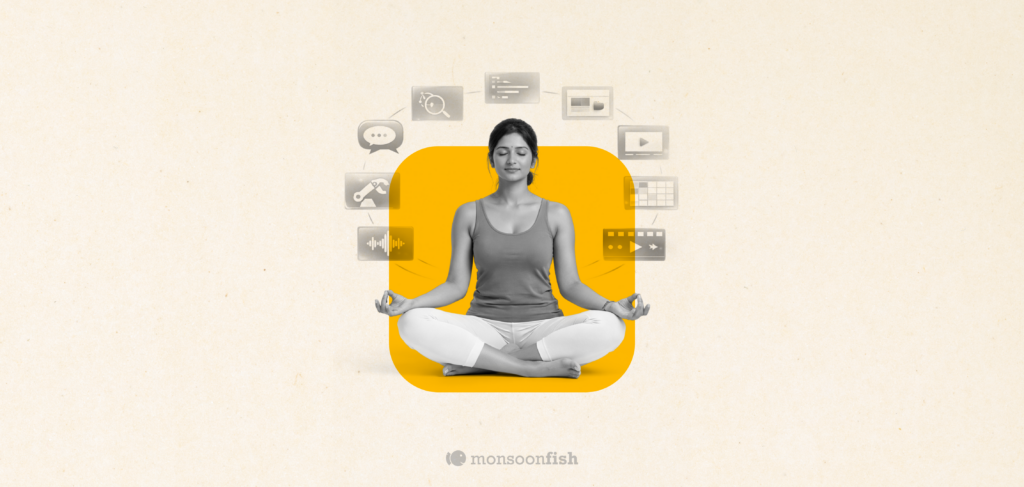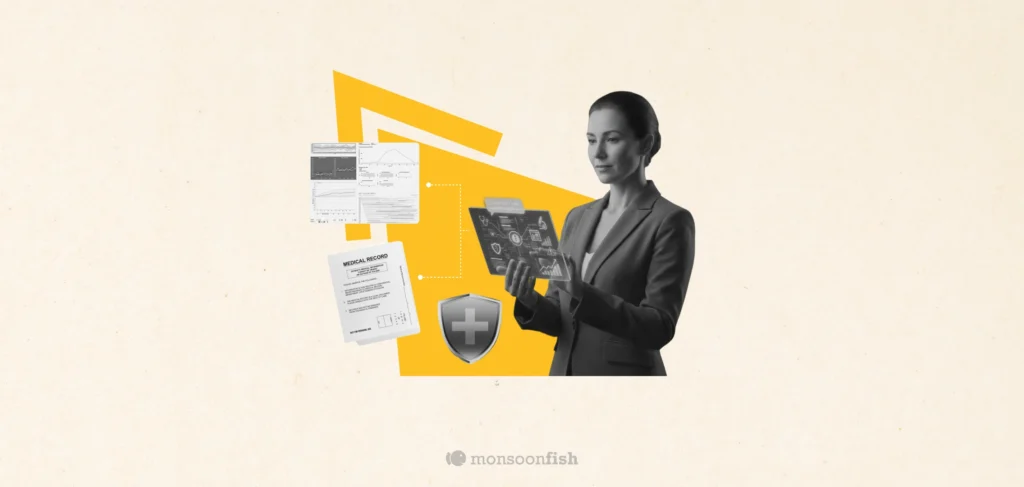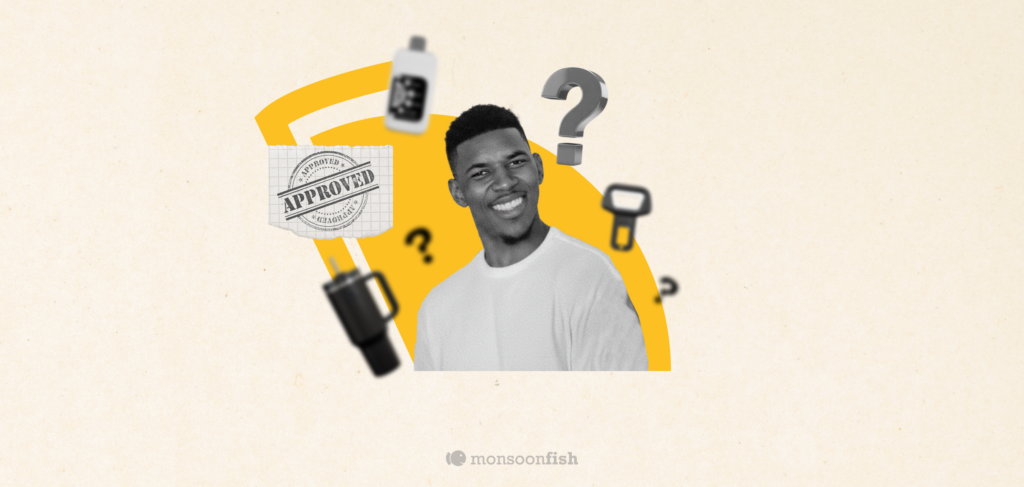Ravi had always believed that eating a plant-based diet was the key to good health. He’d read countless articles and watched documentaries that reinforced his view, and over time, he had become more convinced that a plant-based lifestyle was superior to all other diets.
One evening, Ravi came across a blog post titled “The Hidden Dangers of a Plant-Based Diet”. Rather than giving it a fair reading, he quickly dismissed it, thinking, “This has to be from someone who doesn’t understand the benefits of plant-based eating.” He scanned the article, finding a few points he disagreed with, and moved on to the next piece of content that praised plant-based living.
Later, while scrolling through his social media feed, Ravi encountered a post from a friend that claimed research had shown plant-based diets led to a reduction in heart disease risk. Ravi’s face lit up as he clicked on the link, reading through the statistics with enthusiasm. He immediately shared the post, feeling even more justified in his belief.
What Ravi didn’t realize was that his research was being guided by his pre-existing views. He was actively seeking and favoring information that confirmed his beliefs, while dismissing anything that contradicted them. By focusing on evidence that supported his stance, Ravi unknowingly fell victim to confirmation bias.
This bias happens when we gravitate towards information that aligns with what we already think, ignoring opposing views. It can make us feel more certain about our beliefs but also less open to new perspectives, leading to a narrow, often distorted view of the world.











































